The Australian financial year runs from the 1st of July until the 30th of June. Individual taxpayers and most Australian businesses follow this as their fiscal year. For many Australian business owners, the End of the Financial Year (EOFY) can be stressful. We’ve compiled a checklist to help alleviate the mental load. Here it is step-by-step. Some may not be relevant to your business, so ask your accountant for advice if you’re unsure.
Any business that purchases and sells stock must do a stocktake. Keep records of all transactions related to buying, maintaining, repairing, and selling stock or business assets.
A stocktake helps identify unsold products, highlight security and theft risks, check stock quality, and ensure inventory accuracy.
You should track debtors and creditors for taxes. These reports show expected income (like unpaid invoices) and expenses (like received but unpaid supplier products). This will enable you to be able to chase any debt and potentially write off any bad debts too.
Consider moving up expenses due in July or upcoming purchases to claim a tax deduction this year. Have repairs or maintenance to equipment or property? You could pay for this work prior to 30th June, to claim a deduction in 2024 tax year.
Record your odometer reading by June 30th and gather all vehicle expense receipts or invoices. If you haven’t kept a log book, start now. You need to keep an accurate log book for at least 12 weeks, which must start on or before 30th June, to be able to claim for actual kilometres used.
You need these to help calculate depreciation for expenses and capital gains tax. Should your business sell an asset (eg property, shares) you could make a profit or a gain. You will need to pay capital gain tax (CGT) on any gain that you make when selling an asset although this is not a separate tax, it just becomes part of your income tax. If you sell the asset at a loss, include this as it can reduce the amount of tax you may have to pay. There are ways to reduce your CGT or even concessions on CGT for business purposes. To read more about CGT, check out this link: Capital Gains Tax for Business
This is the contribution that employers pay their workers for their retirement. Employers usually pay this to a superannuation fund that the employee chooses. The government decides what minimum percentage of the employee’s wages they must contribute to their super. This is called the Super Guarantee (SG). Currently, the SG is at 11%, but will progressively increase to 12% by 2025.
The business must keep records of super paid, and pay by the quarterly due dates. Ensure you pay all superannuation well ahead of the 30th June deadline to ensure that you can claim a tax deduction in the 2024 financial year. Avoid paying last-minute super payments, as if it doesn’t reach the fund or the Small Business Clearing House by 30th June, it won’t be counted in this financial year.
For more information please refer to this link: Superannuation
As you can see a lot of preparations are needed to be ready for the EOFY. It can be a little overwhelming at times, but please know there are plenty of resources available to you.
There are also many tax deductions or concessions which you may be eligible to claim, talking to a tax professional is the best way to ensure that you can minimise your tax payments legally. Legislation can also change, your tax professional will be up to date on the latest information.
We highly recommend you book a Tax Planning meeting with your accountant, ahead of 30th June to ensure you are well prepared for tax season.
Receiving a tax bill can be confronting, here at Profit First Accounting we can help you set up cash management strategies like Profit First which can help alleviate the stresses involved with cash flow. Profit First is a system where you distribute money by percentages into separate bank accounts so that you have money allocated for expenses, like tax. If this is something you would like to discuss further, or if you have any tax queries, please book a call.

4.8 Rating
Building a profitable business is not an overnight success;
it’s a journey of consistent efforts and strategic financial management. In the world of entrepreneurship, profit isn’t just a destination; it’s a perpetual path.
-Mike Michalowicz
Ready to revolutionise your business's financial approach? Join us on a journey to financial success by embracing the Profit First Methodology. Partner with us now and pave the way for a brighter financial future.
Special Offer: Register now for just $98 (normally $330)!
1st Masterclass Session: Thursday, 07 Nov 2024